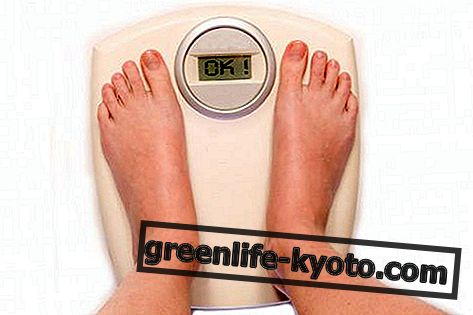
What we call insomnia, up to three / four years, is probably nothing more than a sleep-wake rhythm different from ours, which we are adults.
In the smallest, the numerous nocturnal awakenings are physiological and the so-called insomnia of children resolves spontaneously with time.
Physiology of children's sleep
Sleep is divided into REM phases, characterized by a lighter sleep, and NREM phases in which sleep is deeper.
In adults these phases alternate about every 90 minutes and the lightest sleep is around 20% of the total.
In children, however, light sleep is about 50-80% of the total and the alternation between REM and NREM occurs more or less every hour.
Furthermore, sleep in infants is very fragmented within 24 hours and does not follow circadian rhythms, as the development of the epiphysis is not complete; consequently, its function of melatonin release is not.
Finally, up to three / four years, children have not yet developed filters that can protect them from external disturbances such as noise, heat and cold, small pains, appetite, thirst ...
In summary, the sleep of an adulation is regulated by complex structures while that of the child is controlled mainly by primary instincts such as, for example, hunger and thirst .
Besides all this it is necessary to consider that the time to go to sleep is experienced in a particular way by small children, who perceive it as a detachment with respect to daily activities and have the tendency to oppose, therefore, resistance doing everything to delay the moment to abandon yourself in the arms of Morpheus.
Insomnia in children, are there effective remedies?
And what if older children suffer from insomnia?
When children over the age of four suffer from insomnia, the speech is different. In this case, sleep disorders can be of two types:
- A trail of disturbances present when it was smaller . In these cases you need to wait and wait a little longer.
- The indicator of a physical and / or psychological discomfort . This second eventuality should be suspected especially when insomnia arises suddenly, in children who had never experienced sleep disorders or who had largely overcome them for some time. The causes of this form of insomnia, which is no longer to be considered physiological, could be of an organic nature, ie linked to minor health problems, or psychological. Children, especially from the age of four, are very sensitive to parents' expectations and to possible tensions with teachers and classmates; moreover they are very affected in case of quarrels between parents or anxieties in the family. Another cause of insomnia in children can be linked to fears, for example that of the dark: darkness makes them vulnerable and some evenings it can happen that our children are more frightened than on other occasions because they have suffered a reproach, they have taken a bad vote or have experienced other difficult moments. All this affects their ability to sleep peacefully.
If insomnia in children over the age of four is frequent or becomes chronic, it is important to contact your pediatrician who can thoroughly analyze the causes and guide you towards the most suitable solution.













